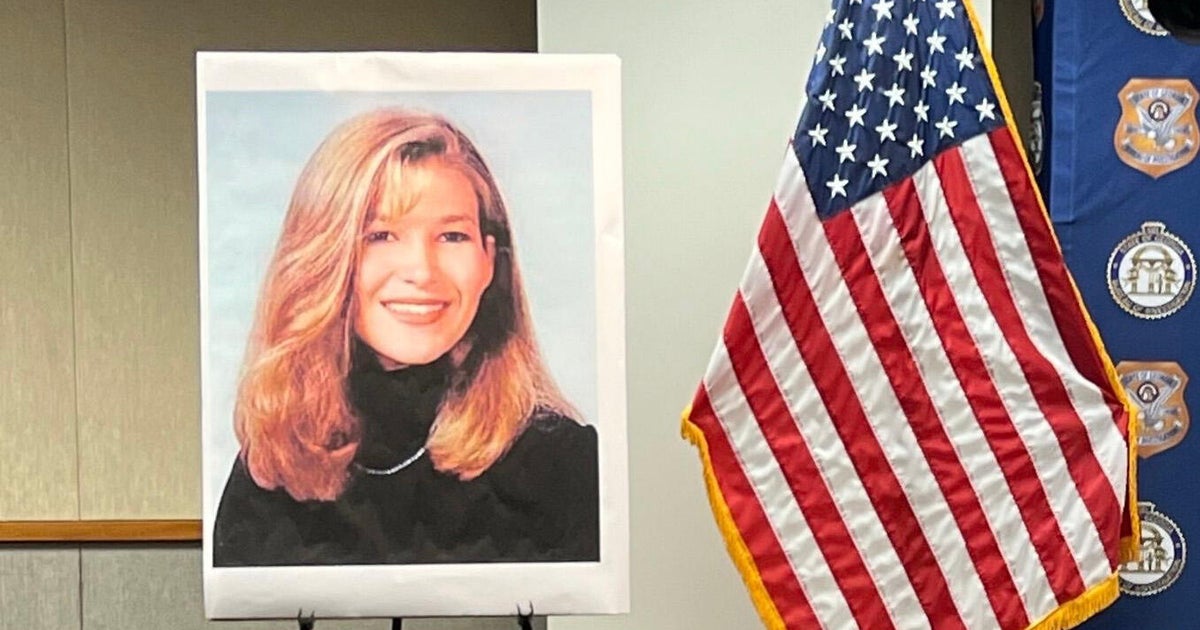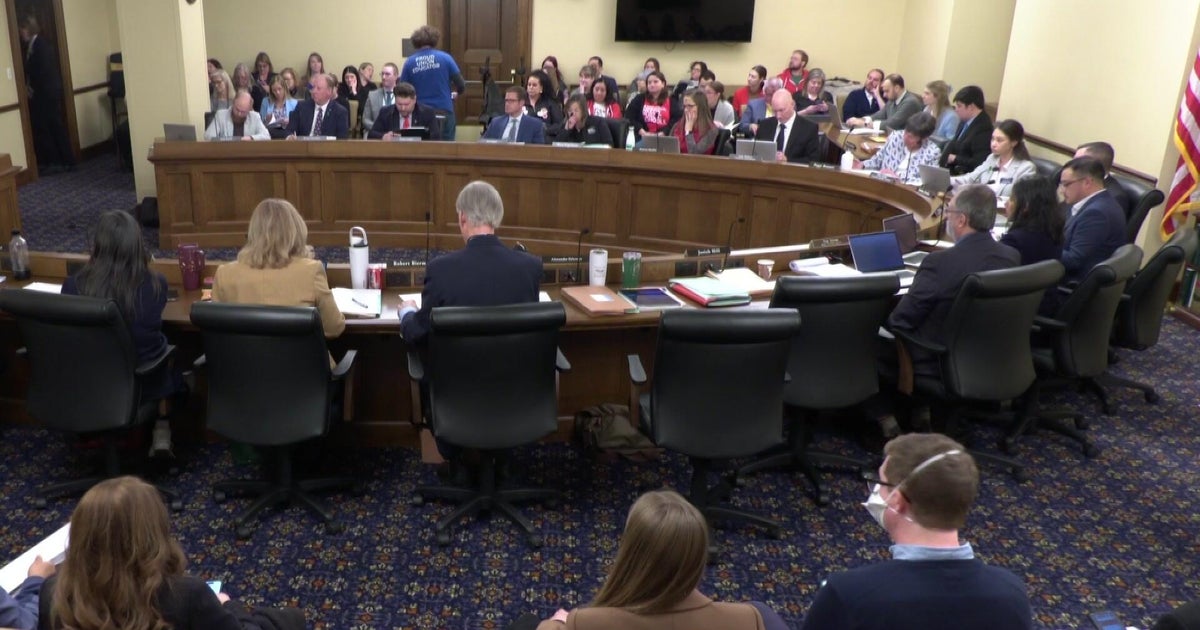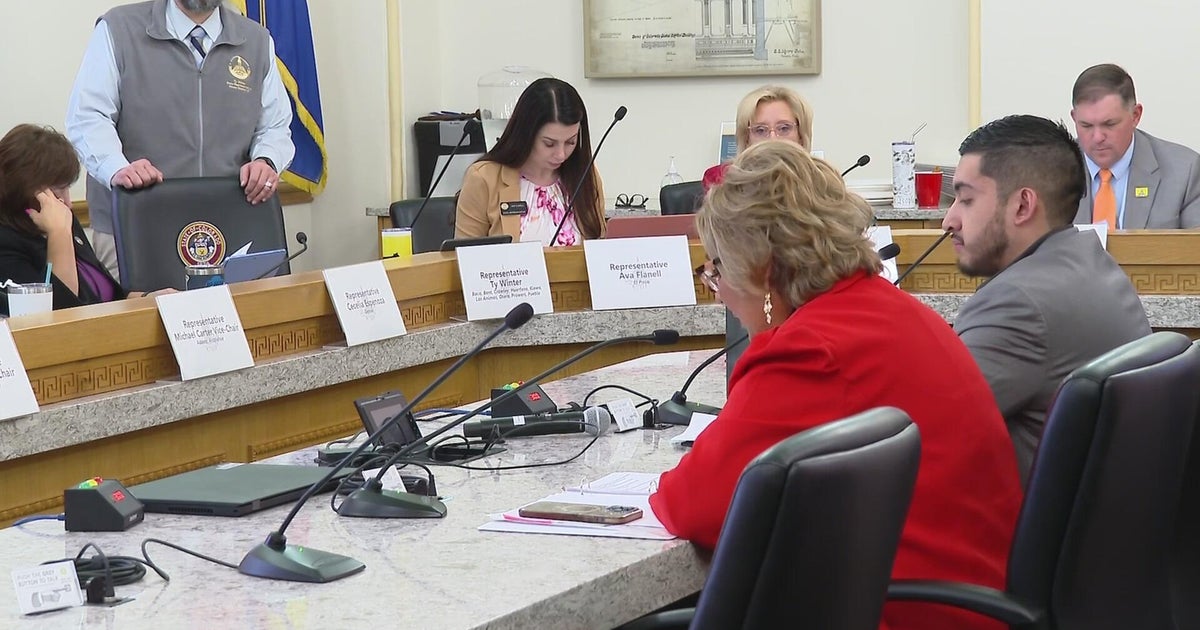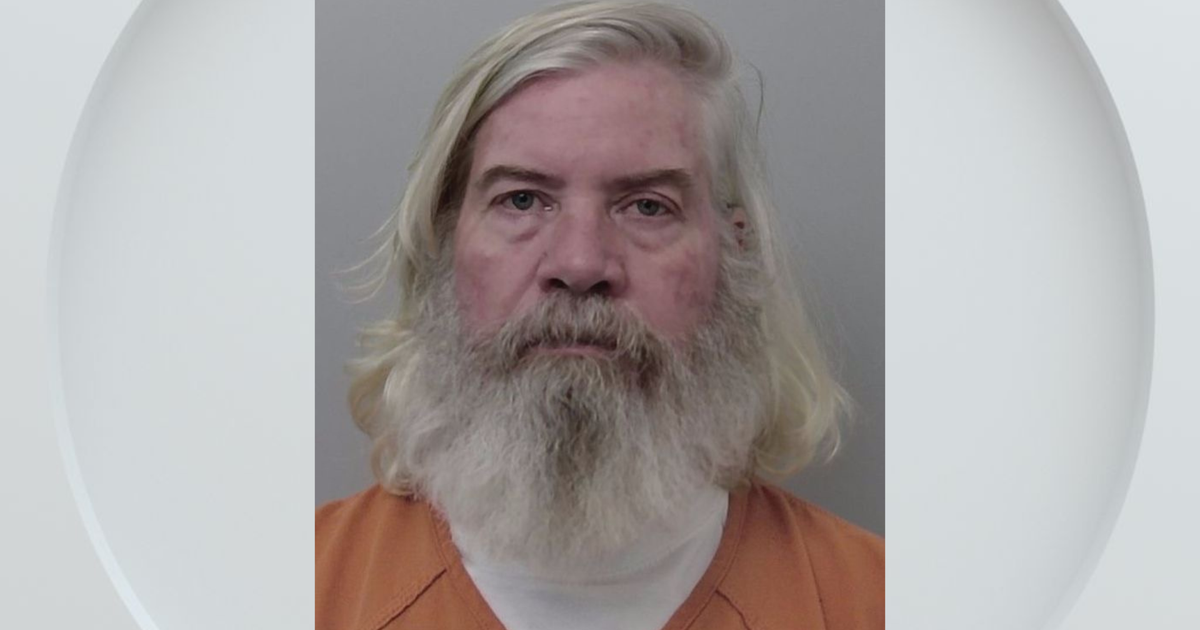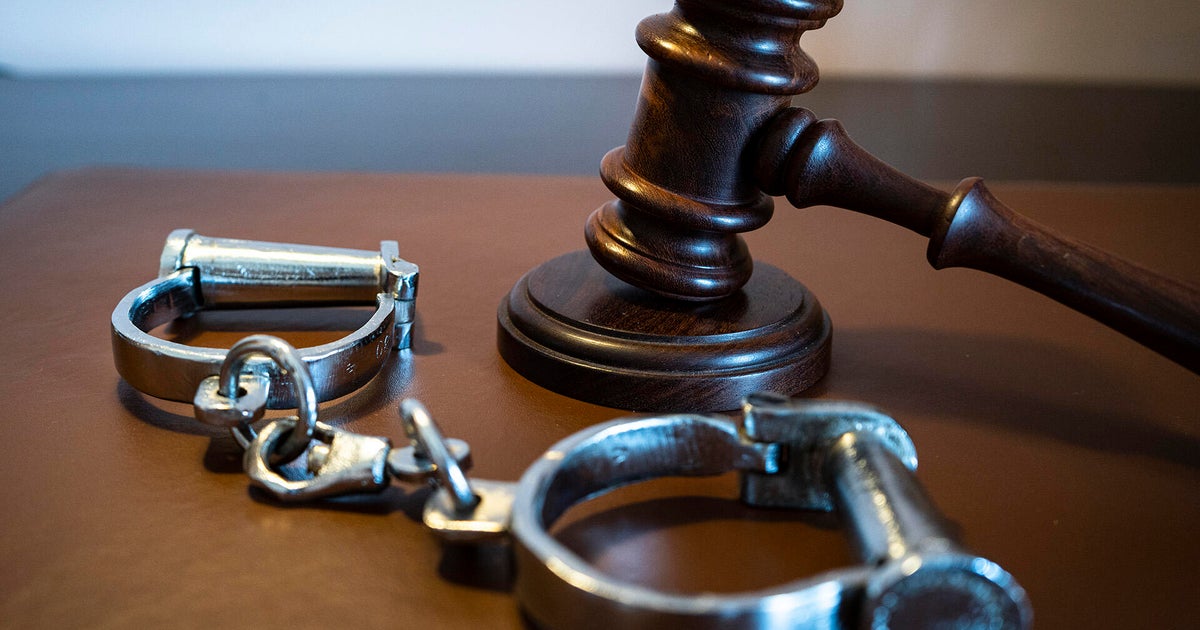Lawmakers Weigh Parole For Young Murder Convicts
BOSTON (AP) — Ryan Downing was 16 when his mother was stabbed and slashed nearly 100 times in her Somerville home. Now, he says, court rulings are forcing his family to relive the horror and face the prospect her convicted killer could someday go free.
Downing was among the relatives of murder victims who went to the Statehouse on Wednesday to urge a legislative committee to approve a bill that would require juveniles convicted of first-degree murder to serve at least 35 years before they can be eligible for parole.
The measure is one of several filed in response to recent rulings by the U.S. Supreme Court and the Massachusetts Supreme Judicial Court that sentencing juveniles to life without parole is unconstitutional. The decisions have forced lawmakers to re-examine the state's current law, which requires life without parole for juveniles who were tried as adults and convicted of first-degree murder.
A former altar boy was convicted of killing Downing's mother, Janet Downing, when he was 15.
"I think he was mature enough to understand right from wrong," said Ryan Downing, now 35, who was joined by his siblings Erin Downing and Paul Downing and spoke before a hearing of the Legislature's Judiciary Committee.
Sen. Bruce Tarr, the Senate Republican leader from Gloucester who sponsored the bill along with Democratic Sen. Barry Finegold, of Andover, said it would strike a balance between the rights of youthful offenders and the rights and expectations of victims' relatives.
"They thought their case was settled," Tarr said. "They thought a life sentence meant a life sentence."
But some, including Democratic Gov. Deval Patrick, believe the 35-year minimum sentence required before consideration of parole may be too long. Patrick has filed a bill that would make parole possible after 20 years in certain cases involving convicted killers under 18.
He said Wednesday he was very sympathetic to the families, who delivered thousands of petitions to his office in support of the Tarr-Finegold bill. He suggested a compromise between 20 and 35 years could be reached.
There are 63 convicted juvenile killers in Massachusetts prisons. Advocacy group Citizens for Juvenile Justice supports giving judges flexibility to determine parole eligibility based on the unique circumstances of each case and a defendant's age, noting a 14-year-old's mental development may be far different from a 17-year-old's.
"We don't want to craft a one-size-fits-all solution," said Naoka Carey, the group's executive director.
Making someone eligible for parole doesn't guarantee it will be granted, Carey added, saying the state parole board would consider several variables.
But even the prospect of parole hearings makes victims' relatives uneasy.
"Now we have to come back and revisit this every single day," said Donna Villaire, whose 79-year-old father, Lewis Jennings, was beaten to death in his home in 1986. "This has been a nightmare for all of my family ... and we just hope and pray that we get justice."
It's unknown when the committee might act on the issue. The legislative session ends July 31.
Copyright 2014 The Associated Press. All rights reserved. This material may not be published, broadcast, rewritten or redistributed.
MORE LOCAL NEWS FROM CBS BOSTON
